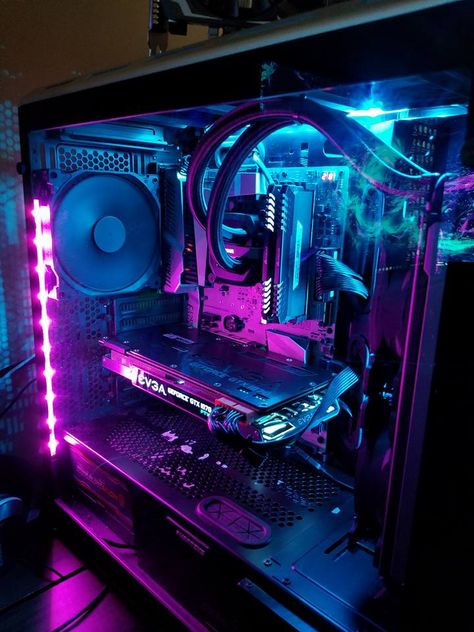8th Gen CPU motherboard chipsets, Z370 vs H370

The Z370 chipset was released along with the first Coffee Lake processors in October. Coffee Lake has major upgrades compared to Intel's 7th-generation Kaby Lake chips. The biggest change was the addition of more cores and threads. An increase in cores and threads means that the CPU can perform more tasks simultaneously, granting your PC better performance with applications and scenarios that can take advantage. Coffee Lake's two flagship chips, the Core i7-8700K and i7-8700, has six cores and 12 threads compared to their Kaby Lake counterparts' four cores and eight threads. The core count increase holds down the line, with the new 6C/6T Core i5 CPUs replacing the previous generation's quad-core chips of the same name, and the Core i3 processors getting a bump from two cores and four threads to four cores and four threads.
Recently at a launch event, Intel announced a series of Coffee Lake-H mobile processors and some new desktop chips, the company also introduced four new 300-series chipsets to reach an even wider audience. The Z370 chipset remains the 8th-generation flagship, with 40 available PCIe 3.0 lanes for graphics, storage, and I/O. The new H370, H310, Q370, and B360 chipsets offer slightly fewer features and are targeted more at mainstream consumers and business systems.
The biggest advantage Z370 has over the others is the fact that it allows overclocking. It's also the only chipset that that lets you split the CPU's PCIe lanes to enable two or three way multi GPU setups. The Z370 is the only one that offers RST support for CPU-connected PCIe storage. Gamers eager to milk every drop of performance out of their systems will want to roll with a Z370 motherboard.
The H370 has an advantage over the Z370 when it comes to wireless connectivity.The H370 has integrated Intel Wireless-AC support, which includes 802.11ac Wave 2 for Wi-Fi connectivity, as well as Bluetooth 5. Wave 2 wireless supports MU-MIMO, it uses an extra-wide 160Hz channel to push throughput well over gigabit speeds. You can find this feature in some new motherboards. Another advantage is that the H370 has USB3.1 while the Z370 has USB3.0. USB 3.1 Gen 1 offers up to 5Gbps of peak throughout, whereas the USB 3.1 Gen 2 spec allows twice that speed for a whopping 10Gbps. The H370 chipset support four of these next-gen USB ports each.
Z370 based motherboards generally cost more than H370 based motherboards so it determine which chipset to go with. If you plan on overclocking or using multiple GPUs, The Z70 has the upper hand. If you don't both chipsets are very capable for gaming. In terms of bells and whistles, the H370 has the advantage with next generation wifi and USB. These features may also affect your decision. In any case, you really can't go wrong with either of these chipsets